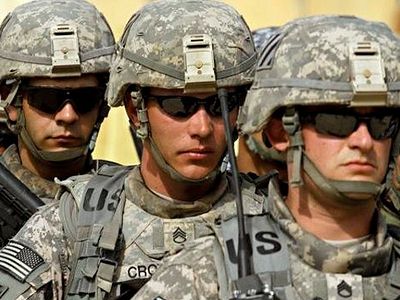September 16, 2015
The Navy has exonerated a highly decorated and respected chaplain, denying a formal request by his commanding officer to dismiss him from the military based on statements he made to sailors during private counseling sessions.
Chaplain Wesley Modder’s former commander, Capt. John Fahs, commanding officer of the Navy Nuclear Power Training Command (NNPTC) in Goose Creek, S.C., had sought to remove Modder because he expressed his Christian beliefs on issues of sexuality, marriage, and homosexuality during counseling sessions with sailors. But after reviewing the evidence, the Navy disapproved Fahs’ request.
The decision by the Navy’s Personnel Command also overrules a March 16 letter by Fahs in which he denied Modder’s formal request for religious accommodation under Navy regulations.
“I am relieved the Navy sided with me,” Modder said in a statement released by Liberty Institute, which represented him. “I have served honorably for 20 years in diverse units in the Marine Corps and Navy. I am proud of my service but prouder of all those who serve on the frontlines regardless of their faith and backgrounds. I am called by my faith to express love for all, regardless of the diversity of backgrounds from which they come, and I will continue to follow my faith in all things. I am grateful to be able to continue the ministry God called me to do.”
Modder, who is endorsed by the Assemblies of God, served as force chaplain to the Navy SEALs and deployed in support of SEAL Team Six to Afghanistan. In his most recent officer fitness report evaluation, Fahs gave Modder the highest possible rating and referred to him as “the best of the best.” Yet Fahs’ Feb. 17 detachment-for-cause memo accused Modder of intolerance and stated he was “unable to function in the diverse and pluralistic environment of NNPTC.”
“Just because you’re a commander doesn’t mean you have the right to take away somebody’s First Amendment religious freedom,” said Michael Berry, senior counsel with Liberty Institute. “You don’t just get to do that by executive fiat, simply by virtue of being a commanding officer. Their constitutional rights are robust, and a commander cannot simply take them away.”
Berry hopes Modder’s experience will be used as a case study on the application of religious liberty, both in a training environment and in the updating of regulations dealing with service members’ religious freedom.
“I certainly would be encouraged if members of Congress, folks in the Pentagon, took notice of this situation and what happened and said, hey, what can we learn from this, what can we improve?” Berry said. “I would like to see it not isolated to simply only affecting one person or family. I’d like to see this be used in a positive way to impact others.”




